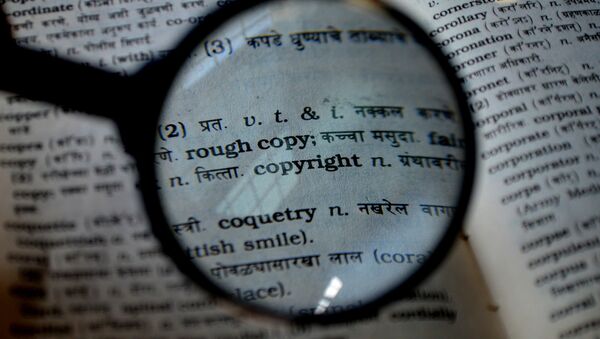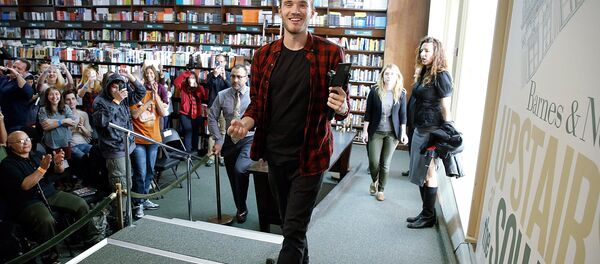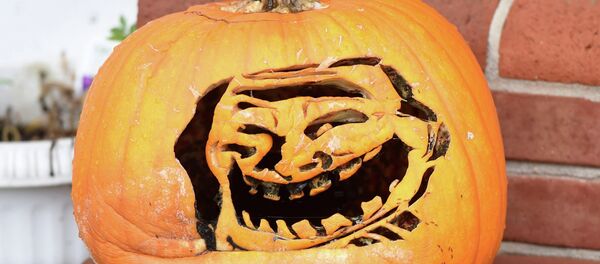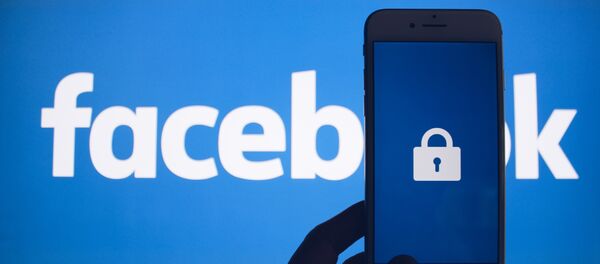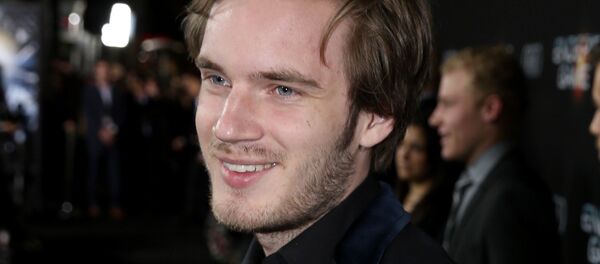European lawmakers have approved sweeping changes to copyright enforcement across Europe.
The document also includes new requirements aimed at making internet giants like Google pay licensing fees to publications for using their work in services like Google News. According to the authors of the new legislation, it is intended to prevent multinational companies from exploiting the work of others without paying for it.
Sputnik has discussed the changes to copyright enforcement in Europe with Dr Eleonora Rosati, associate professor of intellectual property law at the University of Southampton.
Sputnik: To what extent is this copyright law going to change the Internet as we know it, in any case in the European Internet space?
Sputnik: Definitely. Critics are already saying that these new rules are actually violating Internet freedom. How justified do you think this assessment is?
READ MORE: Time to Pay: Scholars on Why France, EU Went After Google, Facebook, Amazon
So, in a sense, there might be room for a greater control on the side of users on how they exert fundamental freedoms, such as the freedom of expression.
Sputnik: Tell us now, as normal citizens, Internet users, how is life going to change? I mean, what are the primary things that we now are going to have to think about before posting anything, or is there not going to be a significant change, now that the burden has been put on the platforms?
Sputnik: Another thing that you have to take into consideration is that when you have laws that make platforms responsible, doesn't this have a tendency to support the giants, the monsters, Google and the big guys? Because smaller companies, to what extent are they really able to pay out the fines, to provide all of this screening to make sure that they are not in violation, first of all, and to pay fines and be responsible if they are found to be in violation? Isn't this just driving the market away from a smaller platform and sending it all to the big guys?
READ MORE: Majority of EU States Favour Copyright Deal Targeting Facebook, Google
According to some critics, this would require implementing upload filters, and if this is true, the European Union has somewhat denied that would be the case, but one will need to take into account what economic measures a platform will need to implement and what price they will need to pay in order to implement the technologies that would allow achieving these results.
Sputnik: Let's talk about the directives themselves. Some people have said that they are very ambiguous in their wording; how would you assess the language? You have said that there would be a need for the courts to interpret it, this is a normal practice, but to what extent are you happy with the way it's currently worded? Do you think that there is enough clarity in the documentation already?
The views expressed in this article are solely those of Dr Eleonora Rosati and do not necessarily reflect the official position of Sputnik.
